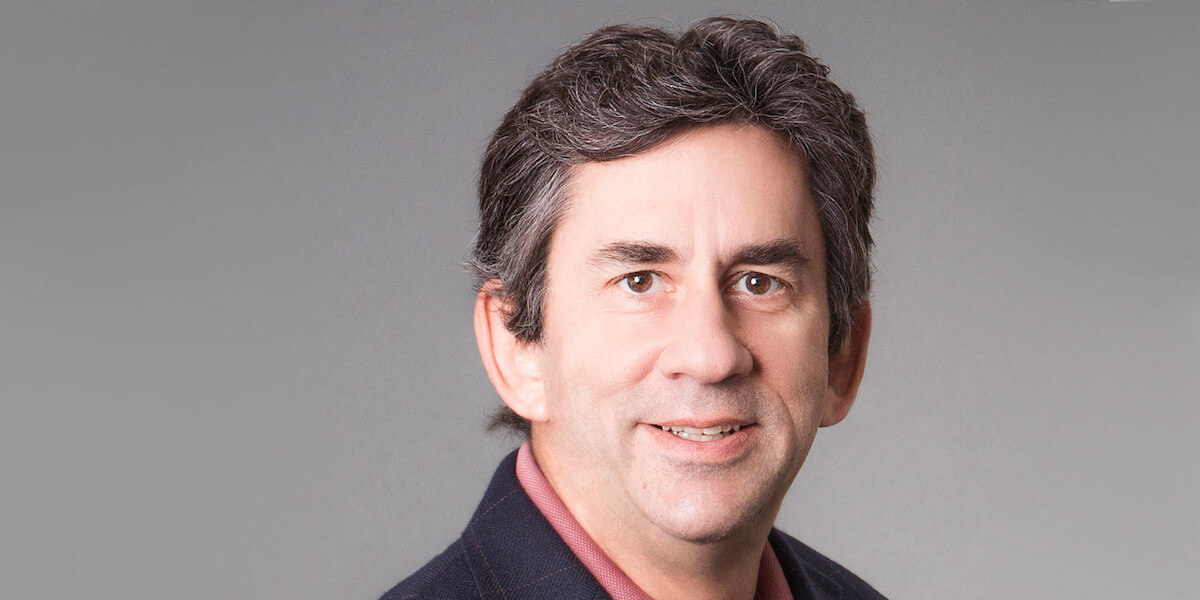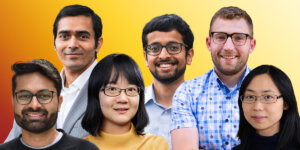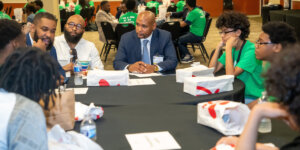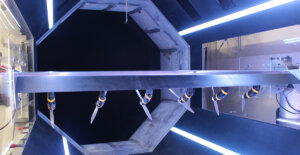
Paul Ronney. Photo/Will Taylor
Paul Ronney has been appointed Chair of the USC Viterbi Department of Aerospace and Mechanical Engineering (AME). His three-year term will begin on July 1, 2020.
Currently a professor in the AME department, Ronney joined USC after a position as Assistant Professor in the Department of Mechanical and Aerospace Engineering at Princeton University. He was also a Payload Specialist Astronaut (Alternate) for Space Shuttle Missions STS-83 and STS-94 in 1997.
Ronney received a B.S. in Mechanical Engineering from UC Berkeley, an M.S. in Aeronautics from Caltech and a Sc.D. in Aeronautics and Astronautics from MIT. He held postdoctoral appointments at the NASA Lewis Research Center and the U.S. Naval Research Laboratory. He was an Assistant Professor at Princeton University before joining USC.
Professor Ronney’s research focuses on topics including micro-scale combustion, turbulent combustion, internal combustion engines, microgravity combustion, and fire spread. He has had experiments flown on three Space Shuttle missions. Ronney has published over 80 technical papers in peer-reviewed journals, made over 250 technical presentations, and holds seven U.S. patents.
In recognition of his achievements, Ronney is a Fellow of the American Society of Mechanical Engineers and of the Combustion Institute. He is also an Associate Fellow of the American Institute of Aeronautics and Astronautics and a recipient of the National Science Foundation CAREER Award and the Combustion Institute Distinguished Paper Award.
In a memo to Viterbi faculty and staff, Dean Yannis C. Yortsos said: “Professor Paul Ronney succeeds Professor Julian Domaradzki, who led the department for the past three years. Julian steered the department during a period of transition, including a growth in faculty appointments and curriculum redevelopment. We are indebted to him for his steady leadership and untiring service.”
Ronney said: “Professor Domaradski hands off a department in very good condition in terms of personnel, resources and infrastructure, with great potential for further advancement. Currently I think our whole is viewed as less than the sum of our parts and I hope to grow our rankings in both aerospace engineering and mechanical engineering to where they deserve to be.”
Published on May 27th, 2020
Last updated on May 27th, 2020










